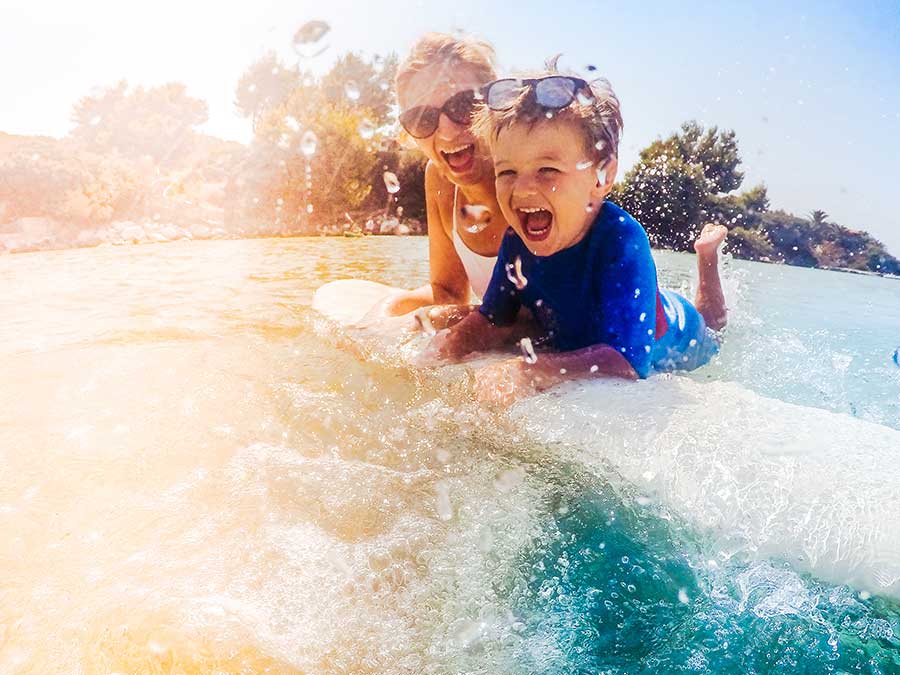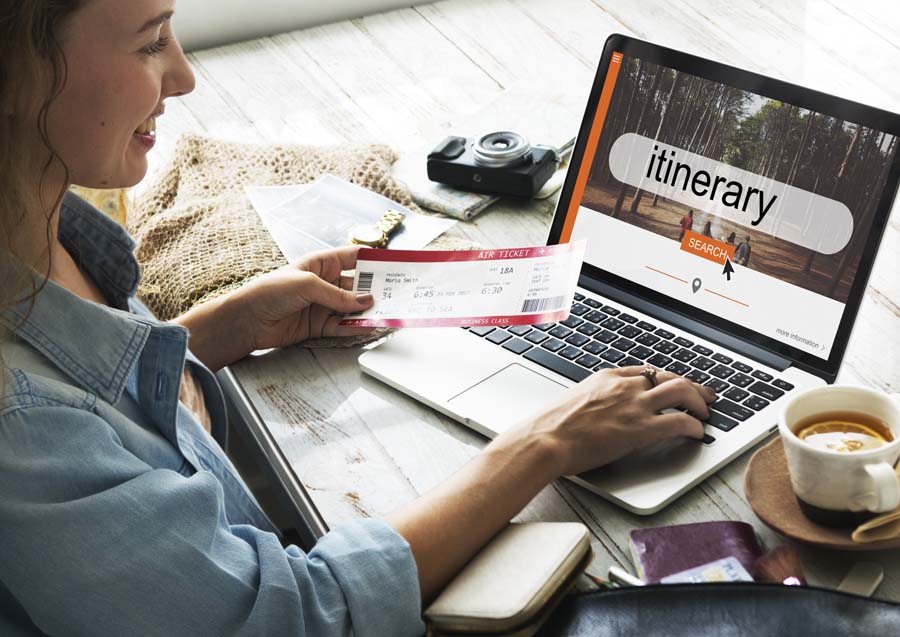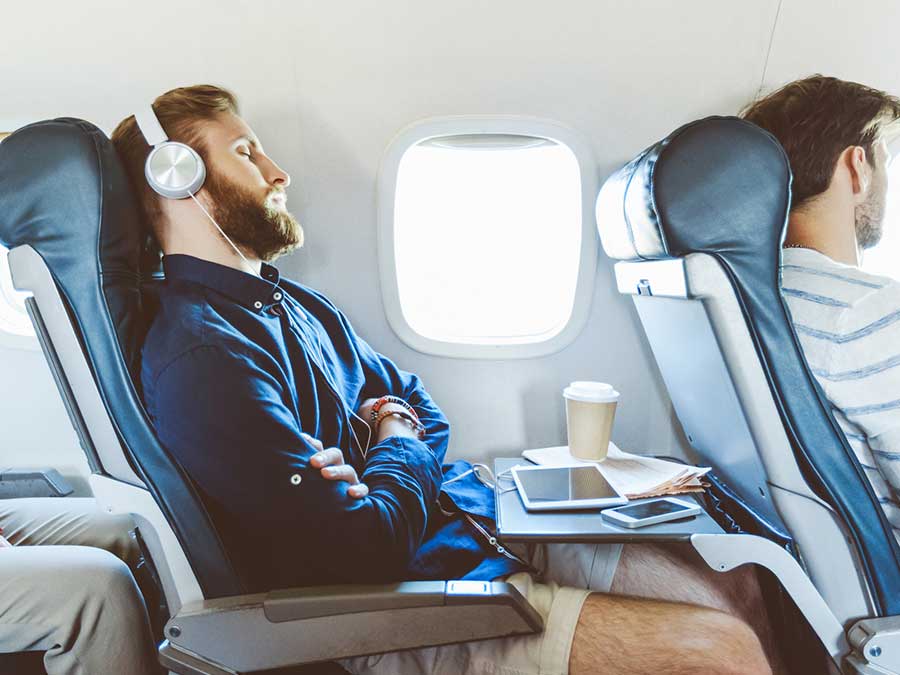
Child-proofing tips for your holiday
It’s great to look back on when you were younger and remember those awesome holiday trips – the early morning start, the excitement of the flight, the fun and adventure of a new and wonderful foreign playground to explore.
These are memories we cherish as we get older, though at the time we probably never realised the stress our parents were under!
With the school holidays fast approaching, many families are now planning their overseas trips to visit family and friends, or to simply take a break and go exploring.
We all know that travelling with young ones can be a struggle at times, but there are ways to make holidaying abroad with your kids a lot easier.
If you’re travelling with kids this summer, here are some tips to help you all have a happy, safe and stress-free trip.
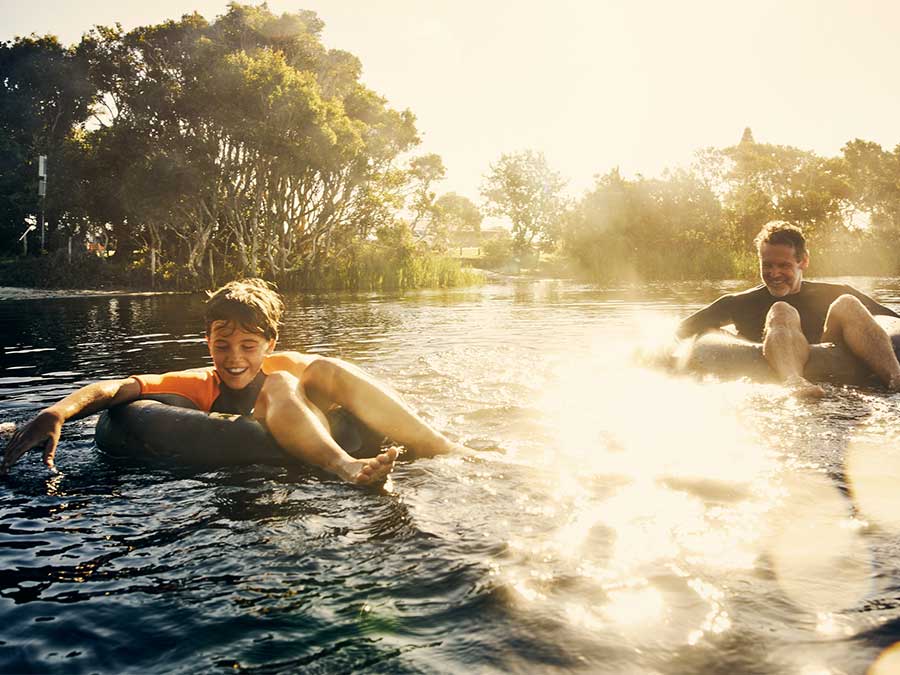
Be extra careful before you leave, as well as on your holiday.
Claims as a result of childrens’ accidents and illnesses are very common over the summer break. Typical injuries from accidents that happen both before departure and while on holiday include broken bones from trampoline or climbing equipment falls, grazes and injuries from bicycle tumbles, cut feet from going barefoot (coral cuts are quite common for example), and reactions to insect bites.
If your child has an accident or becomes ill just before a trip, it can have big consequences for the whole vacation. For example, a broken bone can mean flights need to be delayed or cancelled, or you might need to change planned activities like theme park visits.
Certain injuries can mean not being able to fly for a certain period or having to book special seating, so it’s worth getting in touch with your airline to check this if anything does happen. Qantas lists things like bone fractures and contagious illnesses as needing medical clearance in order to fly.
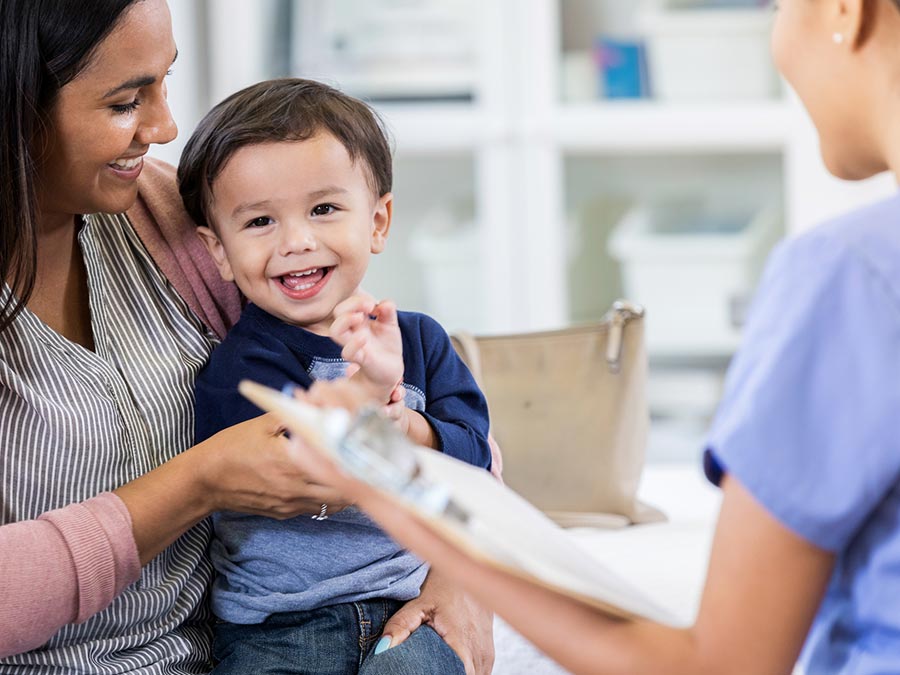
Visit the doctor
Another great tip is to visit the doctor before you leave for your trip and make sure you have all the jabs and medication required for your destination.
You can also check Smartraveller for any international health warnings or required vaccinations. It’s also a good idea to discuss with your doctor any pre-existing medical conditions that you or your children may have. You’ll need to declare these when you buy your travel insurance if you want the option to be covered for them.
If someone in the family has a serious allergy, as well as carrying an EpiPen it may be useful to take a card from your doctor with the details of the allergy in the language of your destination.
Special needs children should wear an identity bracelet that has the details of the child’s condition and treatment. Ask your doctor about this if you don’t already have one.

Your luggage
Before you get to the airport, check with the airline about any luggage restrictions, especially if you intend to take a stroller or car seat for example.
Many airlines will allow you to take your stroller all the way to the departure gate, so check this when you’re checking your luggage in – there’s no point carrying the kids if you don’t have to!
The airline can check the stroller in at the gate and usually have it waiting for you when you get off the plane. Some airlines will even let you bring a small stroller on board if there is space, or book a seat with a little more room for things like strollers or capsules. Once again, it pays to check with the airline in advance so there are no hassles at the airport.
If you’re checking in a child’s car seat, cover it beforehand to protect it from the elements during loading and unloading. It can be as simple as using a bin liner to stop the cloth getting dirty or damaged by rain.

The kids’ bags
Young kids love to pack their own bags, but make sure you oversee their efforts to ensure the essentials go in. This includes some in-flight entertainment in carry-on luggage.
Favourite books, a soft toy and maybe a compact game can go a long way to relieving the boredom if a flight gets delayed for example.
It’s a good idea to have a change of clothes for each of your kids in a plastic bag in your hand luggage. This is a great precaution against a drink spill or air sickness during the flight, which can make the journey uncomfortable for everyone!
Anyone with kids will know they touch everything! Planes can carry a lot of unwanted germs, so it’s a great idea to take along some hand sanitizer or clean wipes to minimise any risks.

In transit
Remember to keep an eye on your luggage when you’re in transit. When you’re carrying young ones as well as looking after all your luggage, tickets, passports etc. - it can be very stressful.
Once you’ve cleared security at the airport, it’s a good idea to make use of kids play areas to burn off a bit of energy before the flight.
And not forgetting the obvious, before you board it’s a good idea to take your kids to the toilet in case there is a delay before take-off. Don’t forget to change baby into a fresh nappy if needed.

On the plane
So now you’re on the plane, those precautionary measures should be starting to pay off. Having said that, it never hurts to have a few extra tricks up your sleeve!
- Pack some favourite snacks, in case the airline food doesn’t go down too well. Crackers, dried fruit and low sugar muesli bars are ideal. For older kids, popcorn, nuts and rice cakes could be helpful too. As you already know, full tummies often help kids nap, too!
- Keep some backup activities that don’t take up too much space on hand for occupying the kids, like play dough or pipe cleaners.
- To help with blocked ears, give your kids a bottle to drink during take-off and landing. This encourages swallowing which helps equalize the pressure in their ears. Chewing gum or sucking on a lollypop also works well if your kids are old enough.

Safety first
Of course when you’re on holiday, it’s important to make sure you exercise the same caution and focus on the safety of your kids as when you’re at home.
You might have barriers on the stairs and balcony or night lights in place in your home, but remember that your accommodation won’t have the same precautions in place automatically.
You can request certain items to be in place in your room when you book, especially if you’re staying at a family resort. Check with your accommodation provider, or take your own if it’s something small enough to take with you.
If your room is above ground level, always keep a close eye on children around balconies and windows.
The same applies to seat belts in taxis. When you’re having fun on holiday, it’s easy to forget that you’re trusting a complete stranger to drive you and your family to your destination - so always use the seatbelts as you would in your own car.
Remember that accidents can and do happen occasionally, and many are impossible to predict. The best way to avoid them is to be as prepared as possible for the random and completely unexpected nature of accidents by being safety conscious.

Other useful tips
To help you be prepared if the unexpected happens:
- Know basic first aid, such as what to do if a child chokes, is stung by an insect or suffers a sprain.
- Pack a first aid kit suitable for your destination.
- Be very clear to communicate between adults about who is responsible for watching children, particularly around water or heights.
- Reinforce pedestrian road safety – particularly if cars drive on the other side of the road.
- Ensure you’ve got appropriate travel insurance cover as the unexpected can always happen – and it’s better to have peace of mind so you can focus on your family adventure.
The content of this article is general and provided for information purposes only. Southern Cross Travel Insurance (SCTI) doesn’t guarantee or warrant the accuracy, completeness or currency of any article.
This article may contain hyperlinks to other websites owned or operated by third parties, or references to third party products or services. SCTI isn’t responsible for, and makes no recommendation about, the content or accuracy of any third party website, or for the suitability or performance of any product or service. The inclusion of a link in this article doesn’t imply that SCTI endorses the website or third party product/service.



